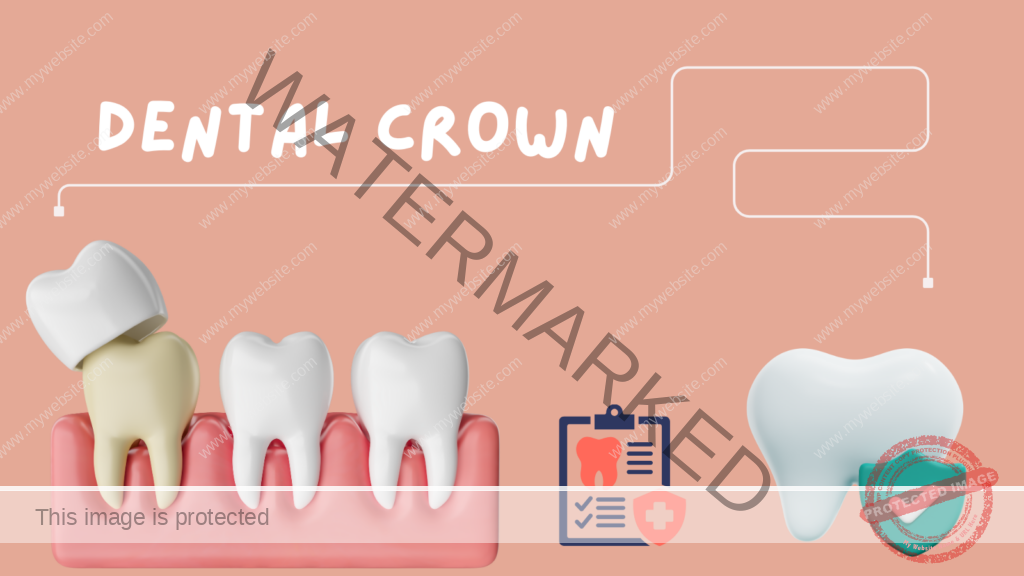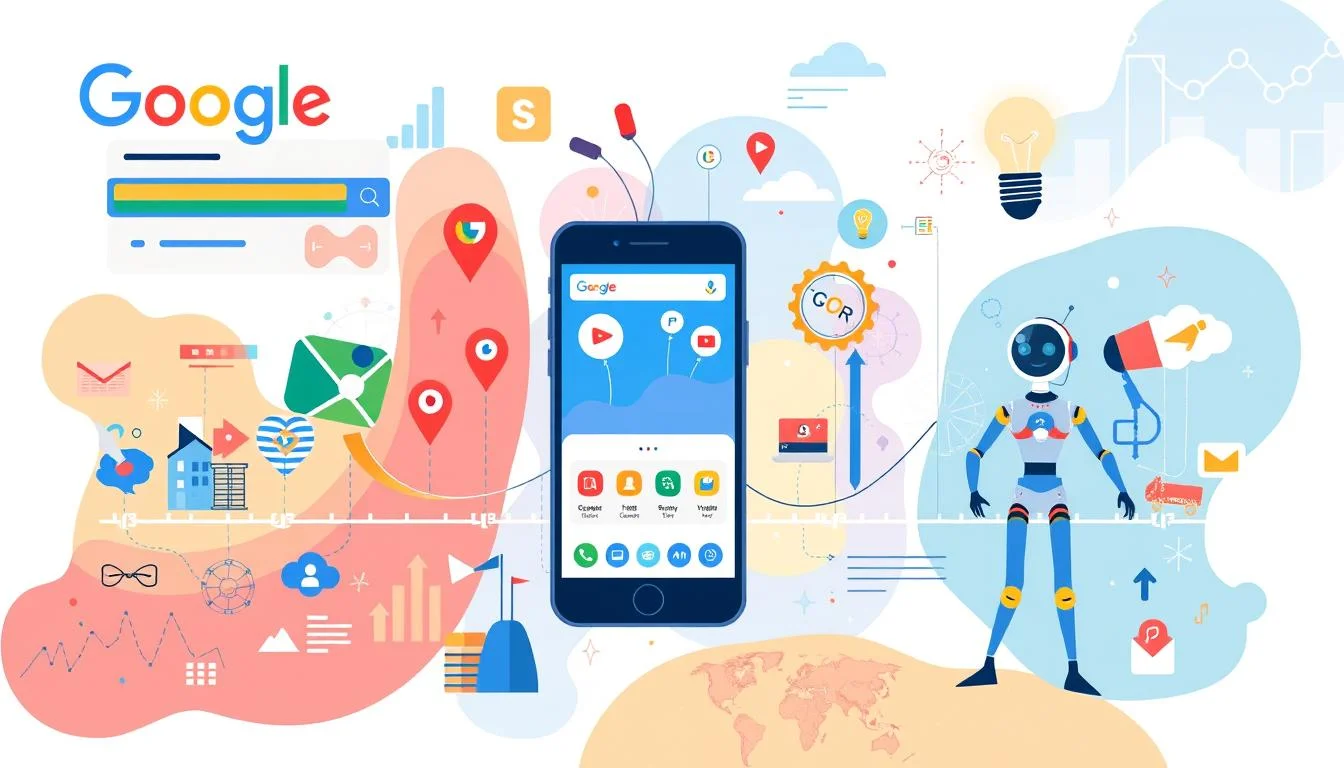Today, patients start their healthcare journey online. But what happens when someone lands on a medical website that isn’t in a language they understand? Confusion, frustration, or even complete abandonment. That’s a lost patient—and a missed opportunity for care.
This is why medical website localization services are more important than ever. Localization ensures your digital content speaks clearly to every patient, in every language they understand.
What Is Medical Website Localization?
Localization goes beyond word translation. That means adapting the experience, language, layout, photography, cultural context, and even compliance throughout the website. Ensure that medical information is correct, accessible and culturally relevant.
In contrast to automated translation tools and popular language services, localization services for medical websites are specially built. They specialize in clinical accuracy, patient safety, and legal compliance regulations for health care systems.
Why US health service providers need to localize their websites
1. The US is incredibly diverse
According to the US Census Bureau, the US lives in more than 68 million people who speak a language different from English at home. These include Spanish, Chinese, Tagalog, Vietnamese, Arabic and more.
If your website is English only, you will probably miss the majority of potential patients who prefer health information in your native language.
Example:
UCLA Health is a local part of the Spanish and Mandarin location. result? There is less patient commitment and less missed appointments in these communities.
2. Language Access = Better Patient Results
Healthcare is more than just a treatment. Misinterested medication instructions, appointment details, or symptom checklists can lead to serious medical mistakes. By localizing your website, we provide clear and understandable content that allows patients to make well-informed decisions. This improves both security and trust.
Case Study:
The Houston-based pediatric clinic works with a premium quality translation company to localize its website in Spanish and Vietnamese. Within four months, they recorded an increase in non-English family bookings with a 35% increase in follow-up rates.
3. Build trust and strengthen your brand call
When a patient sees the content in his native language, he immediately develops a sense of belonging. It shows your health agency. It evaluates inclusiveness, including value and understands your needs.
This is particularly important in sensitive areas such as mental health, dairy cows and chronic disease management, with trust playing an important role in care decisions.
Example:
Cleveland Clinic offers a page containing patients in multilingual health education and patient services. Our commitment to integrated communications has helped us to serve both local and international patients more effectively.
How does localization differ from simple translations?
Many health service providers believe that Google Translate or the use of a general translator is sufficient. It’s not.
The localization is as follows:
- Adjusting the adaptation of content to cultural standards and patient expectations
- Layout and design changes for readability in various languages
- Ensuring HIPAA and ADA compliance on all versions
- Choosing Region-Specific Medical Terminology
- Check content with a certified linguist or health profession relative
This is key to working with quality translation companies specializing in healthcare. These companies know how to protect accuracy, compliance and patient trust. What should I find? These areas need to be localized to the healthcare system in order to actually connect to multilingual patients.
Homepage: Make sure all visitors are welcome immediately.
Service Page: Obviously explains offers for pediatrics, heart disease, emergency care and more.
Schedule: Make it easy for patients to book care in your language.
Patient Portal: Help users manage data records, laboratories and messages. Health Articles and Blogs: Build trust by reading useful and simple content.
Medication Instructions: Prevent dose errors and improve compliance.
Legal and Consent: Stay in US law and patient data protection regulations.
Compatibility and legal considerations
Healthcare service providers must comply with the laws of the Language Access Act, particularly in accordance with section 1557 of the Affordable Care Act. This requires meaningful access to language services for people with limited English knowledge (LEP).
Failure to modify content could lead to penalties, litigation, and reputational damage. Working with certified medical website management services ensures that its content meets the legal requirements of all language versions.
The benefits of SEO of localizing your website
Search engines such as Google prioritize content that corresponds to the user’s intent, including language and location. This means that localization of your website can enhance your vision in the US multilingual community. for example:
- Spanish-speaking service pages can be ranked with Spanish-speaking enquiries.
- Culturally adapted blog posts can achieve targeted local target groups.
- A proper language tag ensures that Google indexes the correct version of the page.
- Localization is more than just patient care.
Choosing the Right Localization Partner
Not all translation companies are the same. Healthcare requires more than language skills. Find the following high quality translation companies:
- Local speaker with medical background
- US Healthcare Compliance and Terminology Experience
- Human quality assurance and checking (not just AI-based tools)
- Support for multilingual CMS integration
- Proven achievements in localizing health websites
This ensures that each translated page is accurate, culturally sensitive and legally compliant.
The final thought
The healthcare system is both a personal and digital experience.
In multilingual, multicultural America, patients want to speak in multiple ways. The medical website’s professional localization services allow health organizations to serve different communities across different communities, improving patient safety and expanding their digital presence. Whether you’re a large hospital or a private clinic, it’s now time to invest in localization. And if you want to do it, do it right with a high quality translation company that knows healthcare inside out.















